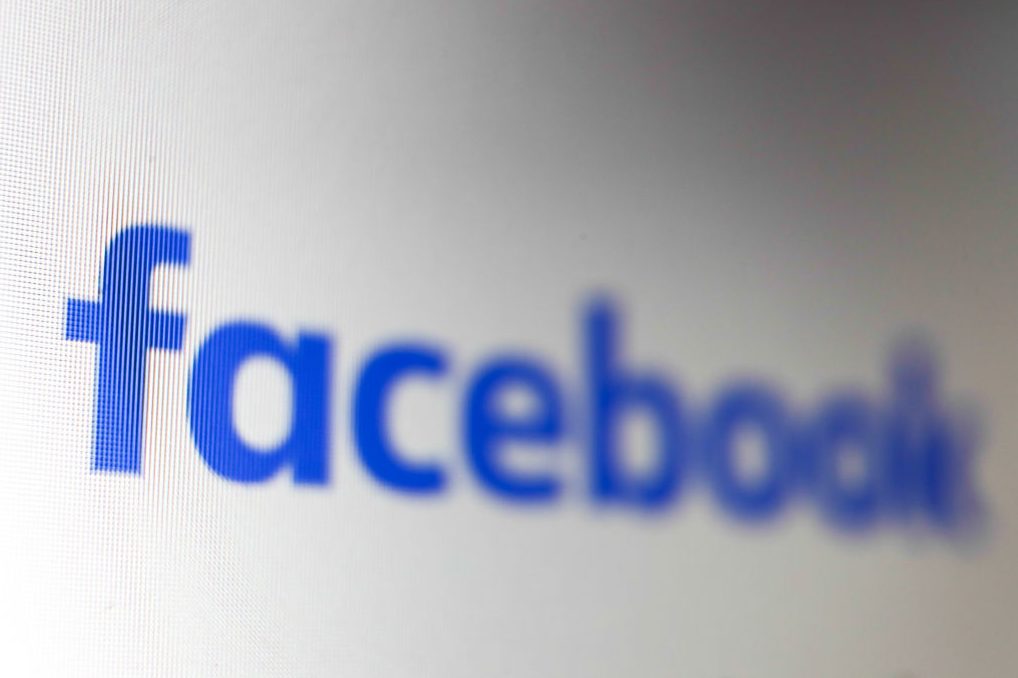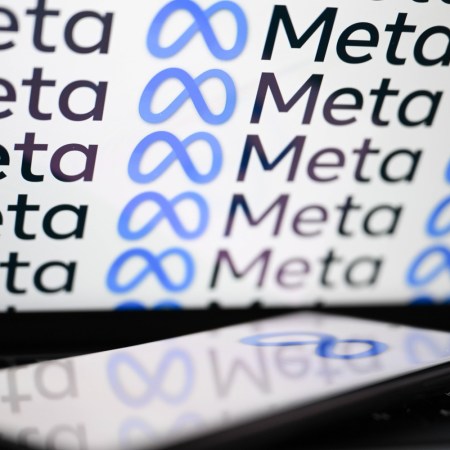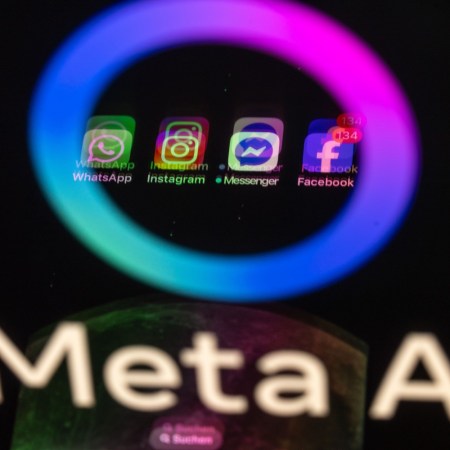Last year, a long-running legal battle between the MTA and the sexual wellness company Dame came to an end when the MTA agreed to run ads from the company after rejecting ads from them several years before. The conflict between the two raised larger issues about what was and was not considered acceptable or explicit, and sparked a wider debate over double standards related to gender and advertising.
Now, a new report from the Center for Intimacy Justice offers a look into how this phenomenon has played out in online spaces. Titled Facebook’s Censorship of Health Ads for Women and People of Diverse Genders, the report contrasts a number of ads rejected by Facebook and Instagram — including those addressing endometriosis and pelvic health — with others touting erectile dysfunction that the same companies accepted.
The organization’s study also found that many of the ads covered by the study were mistakenly categorized as for “Adult Products.” The Center for Intimacy Justice spoke with 60 companies in total, all of which had experience with Facebook or Instagram rejecting an advertisement.
An article at Engadget offers more analysis of the study’s findings — including some additional comments from Joylux, one of the companies that had issues getting their ads on Facebook. Based on their comments to Engadget, the company felt that they had to be ambiguous enough in their imagery and text to the point of making their ads difficult to parse.
Meta, Facebook and Instagram’s parent company, responded in the article, noting that their policies are designed to be consistent for an array of different cultures. That’s understandable — but it’s also difficult to look at the results of this study and see anything other than a massive imbalance. Targeting ads to apps and social media might be a relatively new phenomenon, but the double standards that come to mind here feel a lot more outdated.
Thanks for reading InsideHook. Sign up for our daily newsletter and be in the know.


















